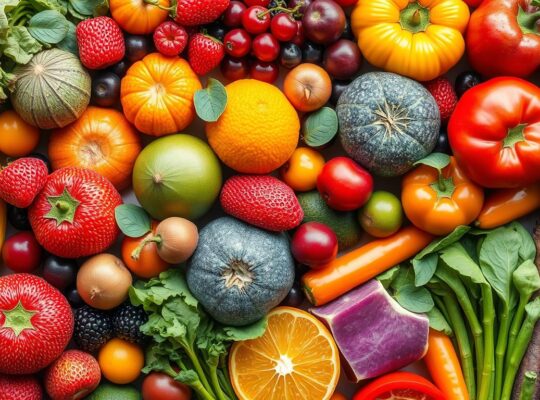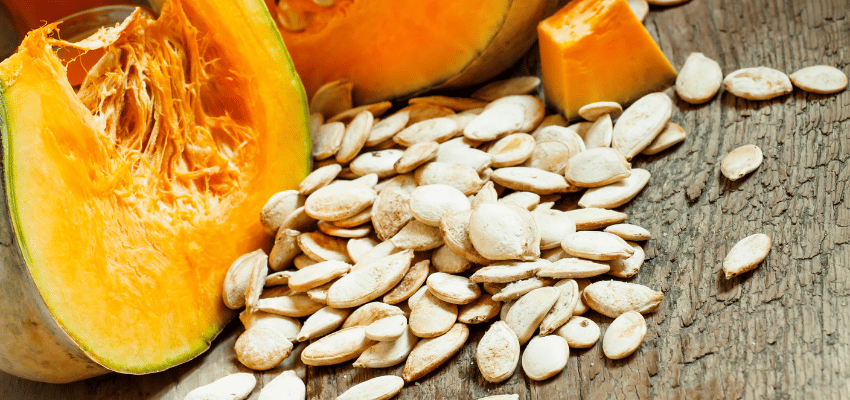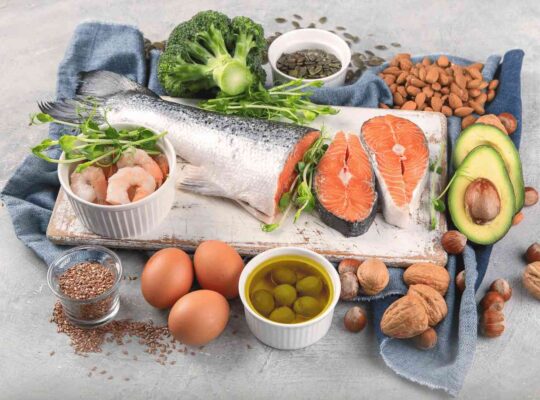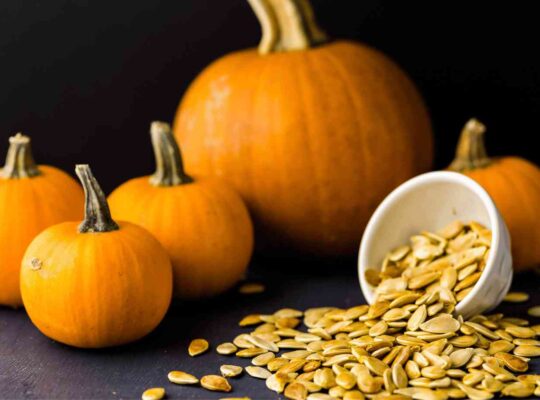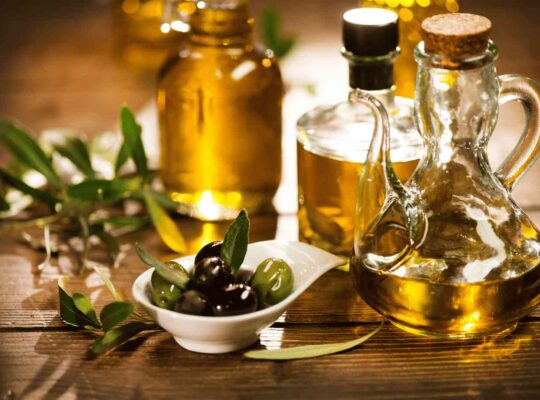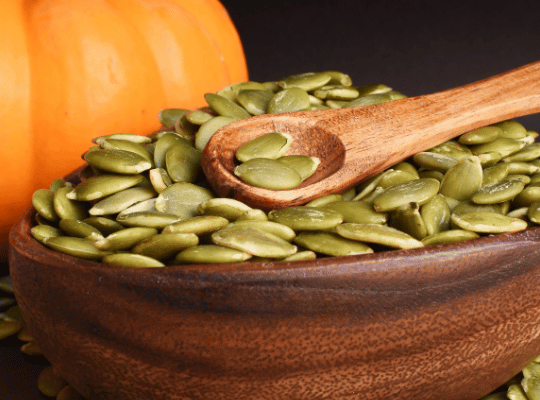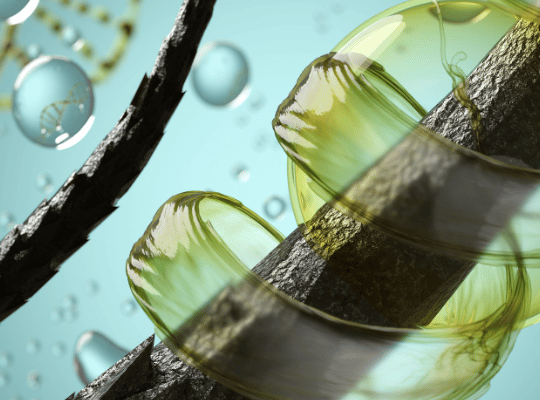Have you ever wondered if the seeds you scoop out of pumpkins could actually be good for your health? Surprisingly, pumpkin seeds are packed with nutrients that can help reduce inflammation (swelling and pain in your body). While foods like olive oil and turmeric are often known for fighting inflammation, pumpkin seeds are just as powerful in their own way. In this article, we’ll explain how pumpkin seeds compare to other anti-inflammatory foods by looking at what nutrients they contain, the health benefits they offer, and how easy they are to use in your meals.
1. Nutrient Composition
Pumpkin Seeds: Packed with Essential Nutrients
Pumpkin seeds are rich in important nutrients like magnesium, zinc, omega-3 and omega-6 fatty acids, and antioxidants like vitamin E and carotenoids (special plant pigments that help protect your cells). These nutrients can help lower inflammation in your body by boosting your immune system and protecting your cells from damage.
Why These Nutrients Matter
The omega-3 and omega-6 fatty acids in pumpkin seeds help keep inflammation in balance. Magnesium is great for keeping your cells healthy, and zinc helps your immune system fight off illnesses. Vitamin E and carotenoids work as antioxidants, which means they help get rid of harmful substances (called free radicals) that can damage your cells and cause inflammation.
Comparing Nutrients: Pumpkin Seeds vs. Other Anti-Inflammatory Foods
When compared to other anti-inflammatory foods like walnuts or flaxseeds, pumpkin seeds stand out because they have more magnesium and zinc. While walnuts are famous for their high omega-3 content, pumpkin seeds offer a wider range of nutrients that fight inflammation in different ways.
2. Bioactive Compounds
Pumpkin Seeds: OAHOA—A Natural Inflammation Fighter
Pumpkin seeds contain a special compound called oleic acid ester of hydroxy oleic acid (OAHOA). This compound helps lower inflammation by reducing the amount of chemicals called cytokines that cause swelling and pain in your body. When your body makes too many of these chemicals, it can lead to diseases like arthritis, heart problems, and even autoimmune conditions (where your immune system attacks healthy parts of your body).
Why OAHOA is Important
OAHOA helps your immune system calm down, so it doesn’t overreact and cause too much inflammation. This is important because long-term inflammation can lead to many serious health problems.
Comparing Bioactive Compounds: Pumpkin Seeds vs. Other Foods
Compared to other anti-inflammatory foods like olive oil, which contains oleocanthal, and turmeric, which contains curcumin, pumpkin seeds offer their own unique way to fight inflammation. While oleocanthal and curcumin are great at reducing inflammation, OAHOA in pumpkin seeds directly targets the chemicals that cause swelling and pain, making pumpkin seeds a special addition to your diet.
3. Health Benefits Beyond Inflammation
Pumpkin Seeds: More Than Just Fighting Inflammation
Besides reducing inflammation, pumpkin seeds provide other great health benefits. They support heart health by lowering cholesterol, help the immune system with their zinc content, and improve prostate health in men.
How These Nutrients Help
The magnesium in pumpkin seeds helps control your blood pressure, which is good for your heart. The zinc strengthens your immune system, and the healthy fats in pumpkin seeds support heart health by keeping cholesterol levels in check.
Comparing Health Benefits: Pumpkin Seeds vs. Other Foods
Foods like fatty fish are well known for promoting heart health because of their high omega-3 content. But pumpkin seeds not only support your heart—they also help your immune system and prostate health. Berries, another anti-inflammatory food, are rich in antioxidants, but they don’t provide the same important minerals, like zinc and magnesium, that pumpkin seeds do.
4. Versatility and Usage
Pumpkin Seeds: Easy to Add to Any Meal
One of the best things about pumpkin seeds is how easy they are to add to your meals. You can sprinkle them on salads, mix them into smoothies, or just eat them as a healthy snack. You can also use pumpkin seed oil in salad dressings or when cooking.
Why Regular Use is Important
Since pumpkin seeds can be added to so many foods, it’s easy to eat them regularly. This means you can enjoy their anti-inflammatory benefits in your daily diet without much effort.
Comparing Versatility: Pumpkin Seeds vs. Other Foods
When compared to other anti-inflammatory foods like olive oil or green tea, pumpkin seeds are more versatile. You can eat them in lots of ways—raw, roasted, or blended into smoothies—while olive oil is mostly used in cooking or as a dressing, and green tea is only for drinking.
5. Research and Evidence
Pumpkin Seeds: Proven to Fight Inflammation
Several studies have shown that pumpkin seeds can help lower inflammation in the body. Research shows that eating pumpkin seeds can reduce inflammation markers (signs of inflammation in the body), like C-reactive protein (CRP), without causing side effects like some anti-inflammatory drugs do.
Why This Research Matters
It’s important to have scientific proof that foods actually help reduce inflammation. Studies on pumpkin seeds show that they work in different ways to fight inflammation, thanks to their special nutrients, healthy fats, and antioxidants.
Comparing Research: Pumpkin Seeds vs. Other Anti-Inflammatory Foods
Compared to well-known anti-inflammatory foods like turmeric and green tea, pumpkin seeds stand strong. While turmeric is famous for its strong anti-inflammatory effects, pumpkin seeds provide a wider range of benefits, such as supporting your heart and immune health, without the side effects that come with some medications.
Conclusion
Pumpkin seeds are an excellent food for fighting inflammation and improving your overall health. Even though they might not be as well-known as turmeric or olive oil, pumpkin seeds offer a special combination of minerals, healthy fats, and antioxidants that make them a great addition to your daily meals.
By adding a variety of anti-inflammatory foods like pumpkin seeds, olive oil, and berries to your diet, you can protect your body from inflammation and improve your overall health. If you’re looking for an easy way to manage inflammation, start adding pumpkin seeds to your meals today.
Have you tried adding pumpkin seeds to your diet? Share your experiences in the comments below! And if you’re unsure about how to manage inflammation, it’s always a good idea to talk to a healthcare professional.
FAQs
- Can pumpkin seeds really help with inflammation?
Yes, pumpkin seeds are full of nutrients like magnesium and antioxidants, which help lower inflammation in the body. - How do pumpkin seeds compare to turmeric for fighting inflammation?
Both are great at reducing inflammation, but pumpkin seeds offer more minerals like magnesium and zinc, which support overall health. - Is it safe to eat pumpkin seeds every day?
Yes, pumpkin seeds are safe and healthy to eat every day. They’re easy to add to salads, smoothies, or snacks. - What nutrients in pumpkin seeds help reduce inflammation?
The main nutrients are magnesium, zinc, omega-3 fatty acids, and antioxidants like vitamin E. - Can pumpkin seeds help with other health problems?
Yes, they support heart health, improve prostate health, and boost the immune system. - How can I include more pumpkin seeds in my diet?
You can add them to salads, smoothies, yogurt, or eat them as a snack. Pumpkin seed oil is great for salad dressings too.



